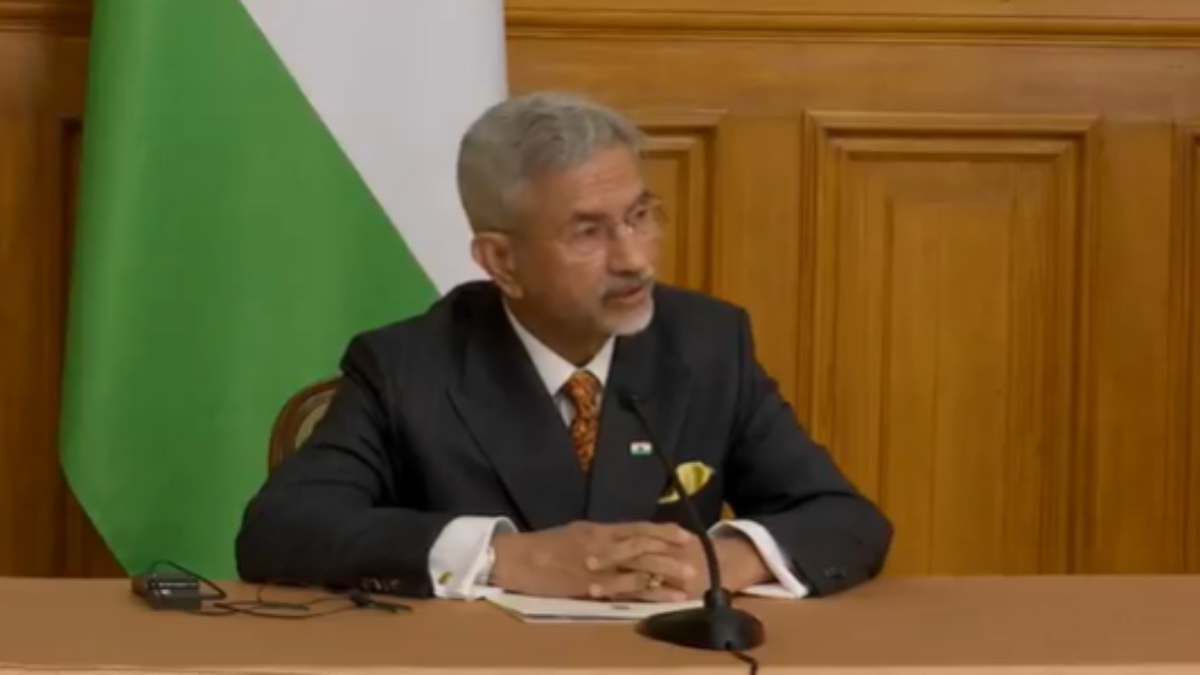External Affairs Minister S Jaishankar will join the Brics virtual summit today, as India and other emerging economies confront the impact of US tariffs
External Affairs Minister S Jaishankar will represent India at a virtual Brics leaders’ summit convened on September 8, Monday, by Brazilian President Luiz Inacio Lula da Silva to discuss the escalating disruptions in global trade triggered by Washington’s tariff policies. Prime Minister Narendra Modi will not participate, a move seen by some as a calculated decision to balance India’s foreign policy posture as it prepares to assume the Brics presidency next year.
Tariff shockwaves from Washington
The meeting comes against the backdrop of sweeping tariff measures imposed by US President Donald Trump. Both India and Brazil are facing 50 per cent duties, though for different reasons. In India’s case, the penalties have been tied to its continued purchases of discounted Russian crude oil despite Western sanctions. Brazil, meanwhile, has been targeted after its Supreme Court moved ahead with the trial of former president Jair Bolsonaro, a political ally of Trump.
The tariffs have disrupted trade flows across the emerging world. Brazilian officials say hundreds of products have been excluded from Washington’s duties, but core sectors like agriculture and manufacturing remain exposed. For India, the additional 25 per cent tariff imposed on crude imports from Russia threatens to complicate energy security at a time when New Delhi is working to stabilise domestic fuel prices.
Strategic backdrop: SCO and global alignments
The Brics summit also comes just days after Prime Minister Modi’s interactions with Chinese President Xi Jinping and Russian President Vladimir Putin at the Shanghai Cooperation Organisation summit in Tianjin. The optics of these meetings, alongside India’s participation in Brics, have drawn pointed remarks from Trump. In a cryptic post on Truth Social, he declared that the US had “lost India and Russia to deepest, darkest China,” in an attempt to highlight Washington’s concern about India’s growing engagement with forums that include Beijing and Moscow.
Brazil seeks unity without confrontation
While convening the summit, Brazilian officials have emphasised that it is not designed as an “anti-US” gathering. President Lula, facing tariff retaliation himself, is seeking to position Brazil as a convener of emerging economies while avoiding outright confrontation with Washington. According to officials, the goal is to generate a coordinated discussion on trade disruptions and defend the principle of multilateralism, rather than issue a declaration targeting the United States.
India’s balancing act ahead of Brics presidency
For India, the summit presents both an opportunity and a challenge. On the one hand, New Delhi has long valued Brics as a platform to engage with other major emerging powers on economic and political issues. On the other hand, India has consistently distanced itself from initiatives within Brics that could be interpreted as directly challenging the US, such as calls for de-dollarisation.
By deputing Jaishankar instead of Modi, New Delhi appears to be signalling that while it values Brics, it does not wish to escalate tensions with Washington. This balancing act reflects India’s broader diplomatic approach to strengthen a comprehensive global strategic partnership with the US while maintaining channels of cooperation with Russia, China and Brazil.
Why the meeting matters
The outcome of the virtual summit is unlikely to include dramatic policy shifts or a joint statement overtly challenging the US. Still, the meeting is important for several reasons. It highlights how Washington’s tariff policies are reshaping global economic alignments forcing emerging economies to coordinate more closely on trade issues. It also shows the dilemmas countries like India face in managing relationships with both Western partners and Brics counterparts.
As India prepares to assume the Brics presidency next year, the summit will test its ability to steer the grouping through turbulent global economic waters while preserving its own strategic autonomy. With tariffs weighing heavily on both India and Brazil, the discussions are expected to focus on cushioning the impact of protectionism and reaffirming support for multilateral, rules-based trade.
In a global environment where trade disputes are increasingly weaponised, the Brics summit serves as a reminder that emerging economies cannot afford to remain passive. How the group navigates this moment will offer important signals about the future of multilateralism and the resilience of South-South cooperation.
End of Article

)

